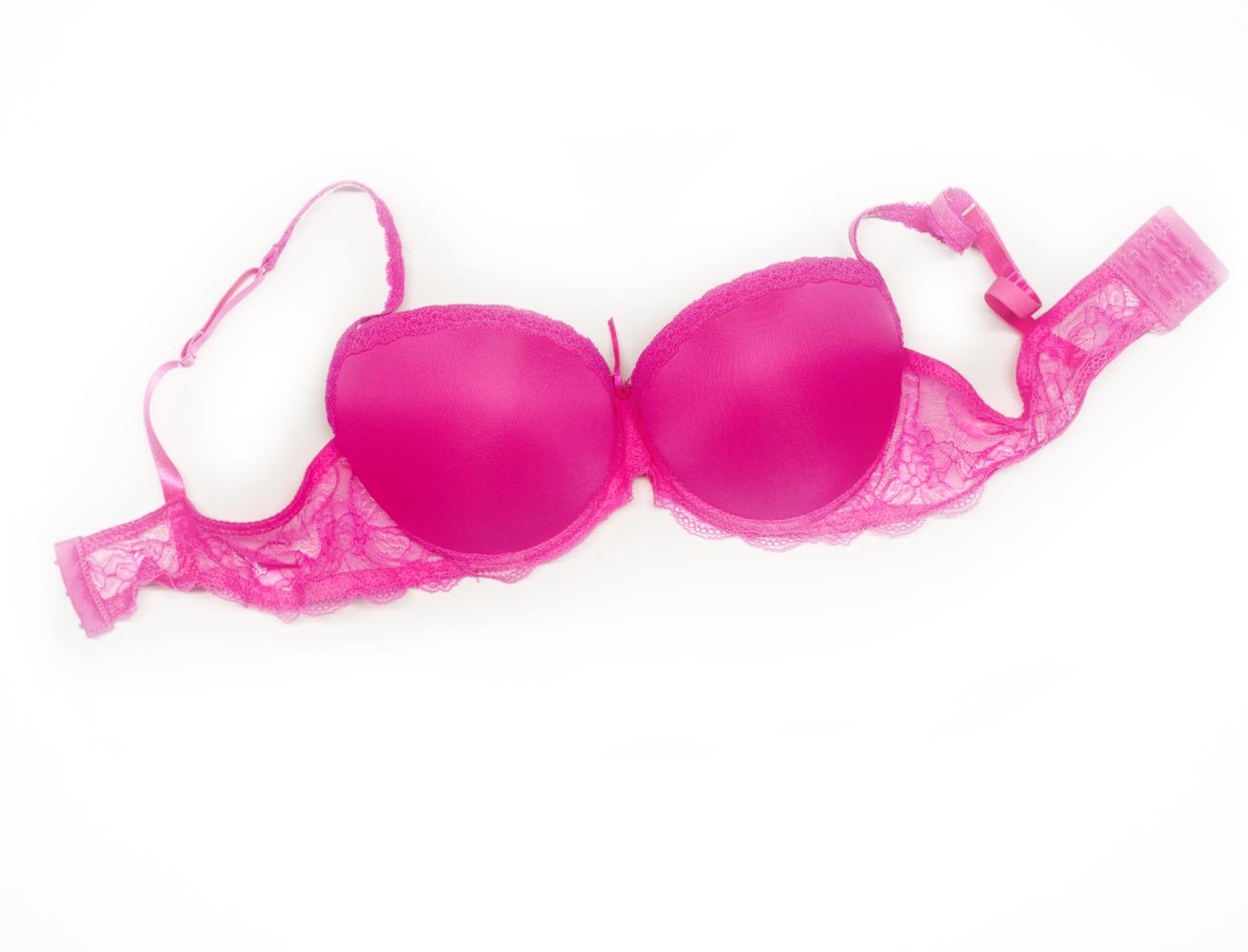Rights Without Freedom: Female Toplessness
by Nicole Howley | published Feb. 4th, 2015
It was only this past year that I learned that female toplessness has been legal in New York state for my entire life.
That’s right: a case prompted
However, although Santorelli, Schloss and their friends managed a great legal achievement, I feel that women and their breasts have experienced little to no additional freedom as a result of this law, and that is because the law is far more progressive than the society that it has been implemented within. Although women are free to go topless, very few choose to because of the harassment we believe we would receive if we did take advantage of the law, and because many others would believe that this harassment was justified.
Women’s experiences of harassment and assault are already often considered to be justified by the way they dress or act; imagine the level of blame that would be placed on a victim who was taking advantage of her right to be topless.
Many women's hesitation to take advantage of the option to be shirtless stems from the awareness of a culture that is guilty of both victim blaming and sexualizing women's bodies.
Clearly, women’s breasts and nipples are more sexualized than men’s. After all, men's nipples are allowed on Facebook and Instagram, whereas women's nipples are considered to violate their policies that guard against nudity. In addition, there are regularly news stories about women being shamed for breastfeeding in public, because boobs have been so sexualized in our culture that you are supposed to be ashamed to show them even in this context.
And if people are not telling women to cover up for the sake of public decency, they are telling women to expose themselves for the benefit of the viewer rather than for themselves.
Over the warmer months I've spent in this state, I've heard many men try to encourage their female friends to take advantage of their topless rights with the tone and persistence of horny teenagers. And this, my friends, is the problem. Although encouraging our female friends to be comfortable in their own skin, take advantage of their rights and wear the level of clothing that is most comfortable for hot weather is wonderful, it is often clear that the encouragement women receive to go topless is less positive and more manipulative.
We need to bring about a culture in which women's bodies are not shamed, where they are allowed to breast feed in public in peace, they can feel comfortable wearing whatever they want because they aren't afraid of being called "sluts" and other offensive names and victims of sexual assault are not blamed for the attack because of their outfit or their actions.
Topless equality is not just about boobs; it is about women feeling safe in public from verbal, physical and social attacks no matter what they are or are not wearing.
Everyone can contribute to creating a safer space by not sexualizing each other's bodies out of context or blaming victims for the actions of their attackers and by treating everyone with respect and encouraging others to do the same.
When we stop blaming women for having the bodies that our culture has sexualized to a fault, maybe more women will feel comfortable in their own skin — and in showing more of it.



